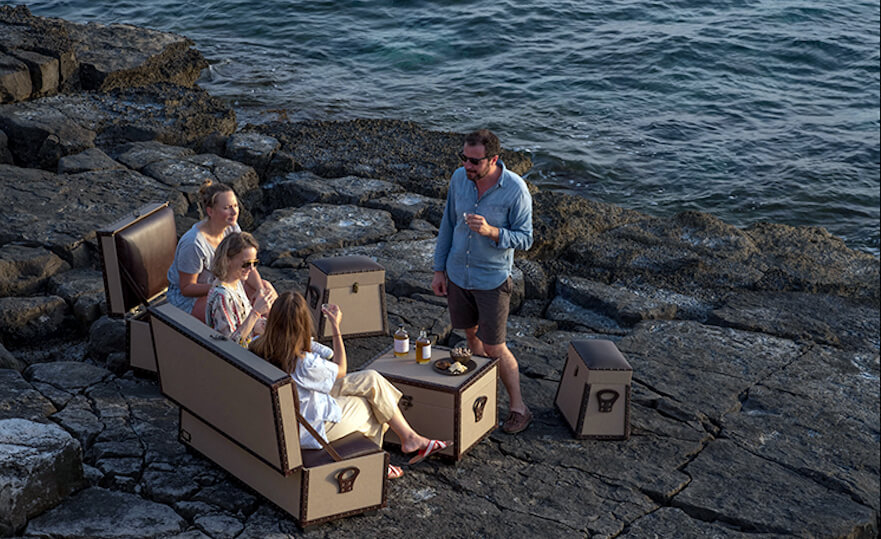
Hotel sector: Looking towards the horizon
Times of change and challenge are times to rethink, refocus and reboot. Traditionally, the hotel sector has been about travel. Now, it is coming to mean something more: providing a service, serving a community. The two main macro trends stretching across the hotel sector, like across all real estate sectors, are sustainability and digital technology. Previously in the MIPIM World Blog, we looked at the ten-year sustainability opportunity gap for hotels. Now we take a look at some of the other trends rippling through the sector.
The “big opportunity” – hotels as workplaces
“The digital world has shown that many people can work from anywhere – from their pocket, their home or from the other side of the world. This is a big opportunity for hospitality,” said Valérie Parenty, development director at Saguez & Partners, during the MIPIM Connect webinar on how hotels are changing the face of cities through experience.
Hotels are becoming not just places to stay, but places to work. Birch Community, for example, set to open this August on a 55-acre estate in Hertfordshire, traditionally a popular commute to London, markets itself as a “new midweek office” – together with being “your escape from urban living”. Accor Group will open its first TRIBE hotel in Europe in Paris Batignolles later this year – “part workspace, part gallery, part social hub.” TRIBE hotels are then due to open in Amsterdam, Orléans and Paris Saint-Ouen in 2021, and Warsaw and Manchester in 2022. In all, more than 50 are in the pipeline, says Accor, with 150 planned worldwide over the next five years.
Hybrid hotels anchored in the neighbourhood
“The health crisis has made us more conscious of our surroundings, our neighbours. There is a new sense of shared values, sense of community, a new way of living,” said Valérie Parenty, of Saguez & Partners. “The trend is for the savoir faire of the hospitality sector to create an experience to be at the service of the neighbourhood, the town. We saw this at the height of the lockdown, when many hotels delivered food to vulnerable local residents.”
However, Lorraine Dieulot, real estate business unit director at Saguez & Partners, added during the MIPIM Connect session on how hotel groups are incorporating mixed use (a session co-organised by MKG Consulting): “If you want to create a community in your neighbourhood, you need to work with the public administration in order to bring the best for the people living close by.”
The hotel experience as an “unforgettable encounter”
“A hotel is more than a building: it is an experience,” said Valérie Parenty of Saguez & Partners. As an example, Valériequotes the “ephemeral” hotel 700,000 heures, which choses its location depending on wherever makes founder Thierry Teyssier “start to dance in the sand”.
The next revolution – putting services first
As real estate moves more into space as a service rather than an asset, building resilience into a hotel asset means that the uses, the users and the services, including how digital technology will be incorporated, are best put at the start of the real estate process. “We need to ask why we are doing [a project], and for whom, rather than starting with the numbers,” said Lorraine Dieulot of Sanguez & Partners. “The content is the most important. If we want to create innovation, and to challenge ourselves, we need to talk about how different functions will work together from the beginning.”
At times, changing a mindset can be more difficult than following a trend.
Georgina Power, le 17 juillet 2020. Voir l’article.